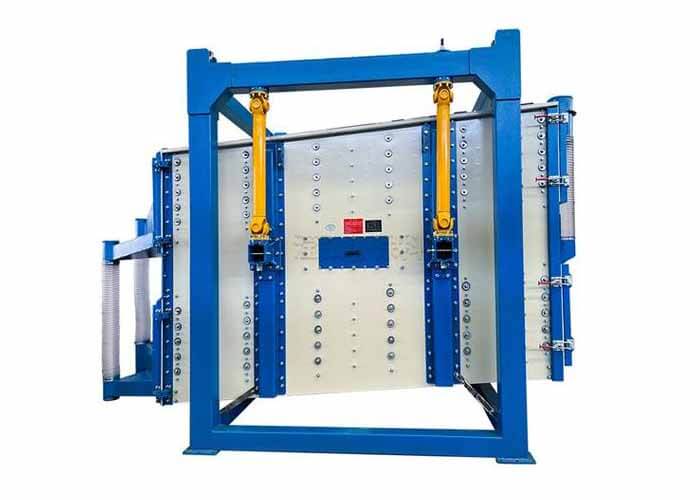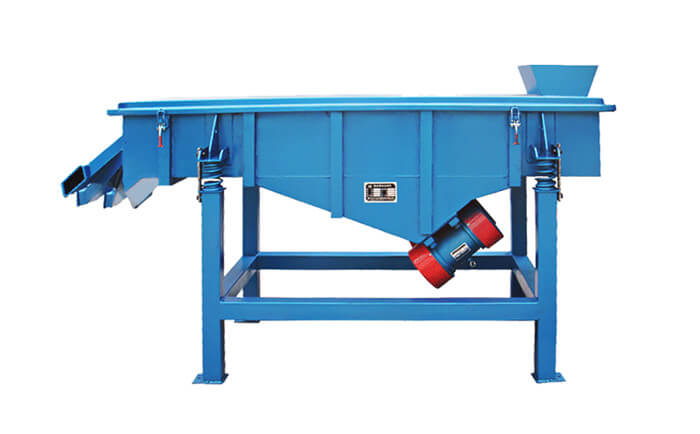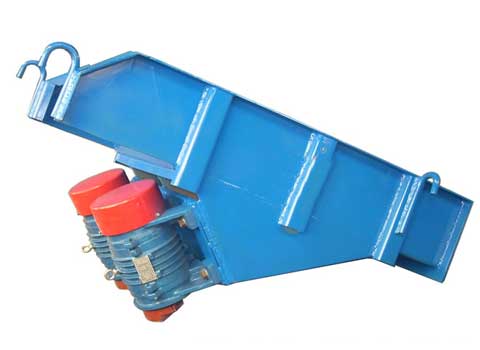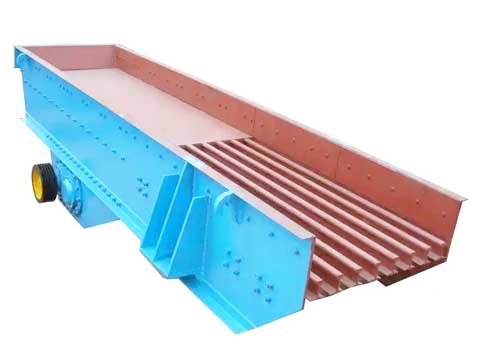Square swinging screens, also known as planar rotating screens, are classified as fine vibrating screens within the vibrating screen category. Their primary advantage when screening materials such as white sugar, chicken essence, and monosodium glutamate is their minimal destructive impact on the material. In contrast, linear screens, due to their large vibration amplitude, can cause material fragmentation and shape changes during screening. The square oscillating screen achieves screening without any vibration, thereby fully preserving the material’s shape;

Secondly, the square oscillating screen achieves significantly higher efficiency when screening materials with a mesh size of 30 or above, typically outperforming linear screens by 4 to 8 times. In production environments with space constraints, the square oscillating screen is the optimal choice. It is driven by a standard motor via a belt, causing the screen surface to move in an elliptical pattern. Through the interaction between the material and the screen surface, production efficiency is greatly enhanced.

Thirdly, the square vibrating screen uses the YE3 series energy-saving motor, achieving optimal screening results without any vibration frequency. This advantage is not present in linear screens, which rely on vibration motors to forcefully drive the entire housing for screening. However, the continuous vibration of the linear screen housing severely affects the service life of components, particularly the motor plate, screen frame, and screen mesh.
Fourthly, in terms of price, the square oscillating screen is significantly more expensive than the linear screen, primarily due to differences in the vibrator, motor, and screen frame. However, in certain situations, the linear screen cannot replace the square oscillating screen. Currently, many users have gradually phased out the linear screen and adopted the more efficient square oscillating screen, whose advantages are self-evident.








